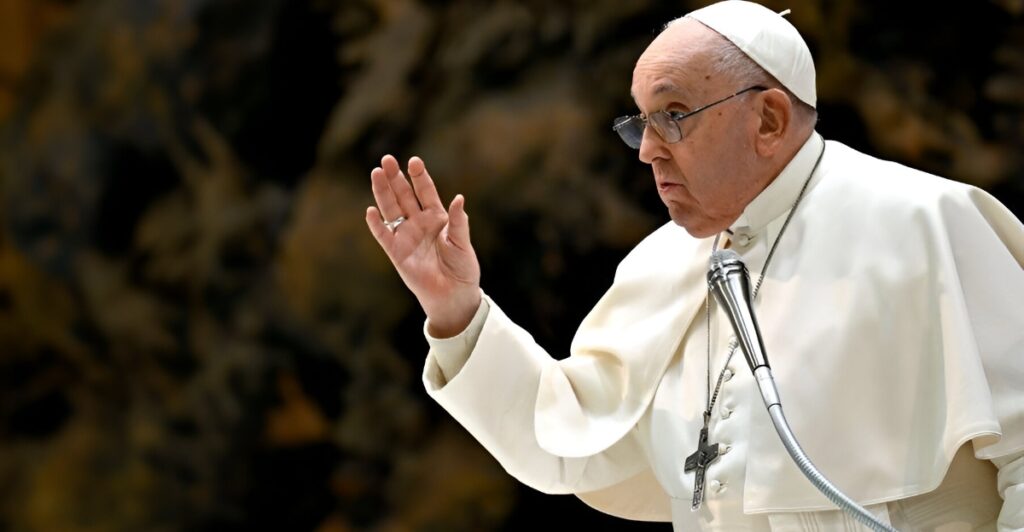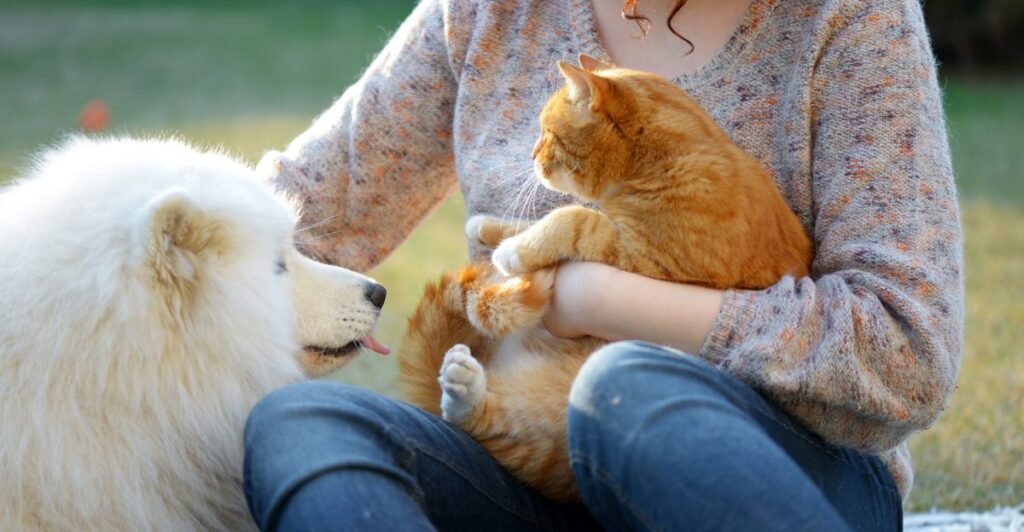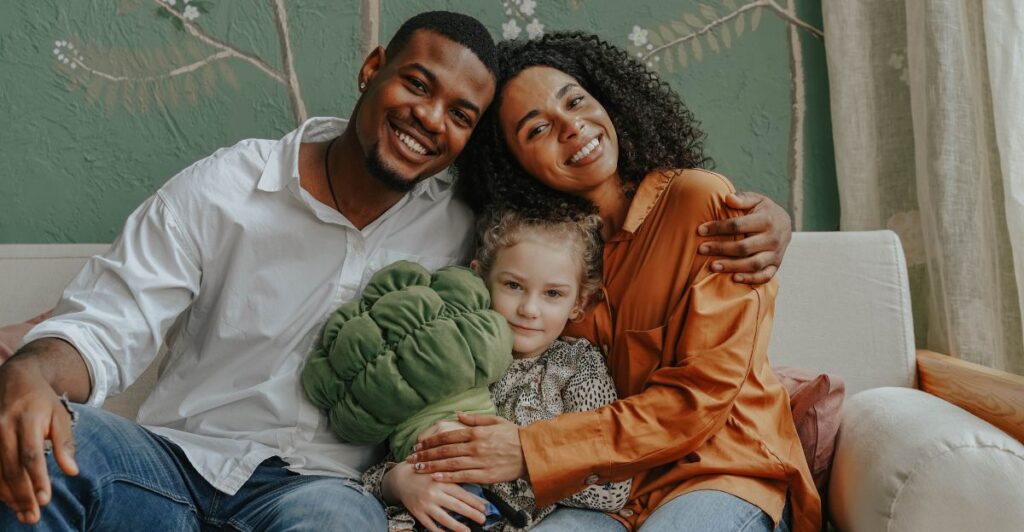
Pope Francis’s repeated criticism of the trend where people prefer pets to children reflects his deep concern for humanity’s future. He believes this choice is more than just a frivolous lifestyle decision—it’s indicative of a cultural change that could compromise a fundamental human experience: parenting.
In his view, parenthood is the fundamental expression of love, responsibility, and societal continuity. Opting for pets instead of children, he argues, symbolizes a retreat from the challenges and sacrifices involved in raising the next generation.
This trend jeopardizes not only demographic stability but also the transmission of values and social cohesion. Francis’s message challenges modern individualism by arguing that human flourishing depends upon generativity, which pets cannot fulfill.
From Family-Centric to Pet-Centric Societies

Throughout history, family and child-rearing have long been central pillars of human society, especially within the Catholic doctrine, which holds procreation as a sacred duty. In pre-modern societies, large families were not only common but crucial to the survival, social order, and cultural continuity.
However, the post-industrial era embraced new dynamics: urbanization, economic pressures, and shifting social dynamics brought smaller families and delayed parenting. At the same time, pet ownership skyrocketed, often filling emotional voids left by fewer kids.
Pope Francis’s comments pointed to this cultural change as a warning sign. He viewed the increasing number of pet-centric households as a sign of a larger crisis: one where the classic family unit, which has historically fostered human values and social stability, is being displaced by more individualistic and less generative ways of life.
Demographic Crisis — Birth Rates in Freefall

Europe and other developed regions are experiencing a demographic crisis as birth rates drop well below replacement levels. Countries across Europe are following suit, including Italy, home to Pope Francis. This year, birth rates dived to historic lows, with 1.24 children per woman, much below the 2.1 replacement level required to maintain population size.
This decline endangers economic vitality, social welfare structures, and cultural continuity. The Pope connected this demographic winter to the favouring of pets over children, casting it as a retreat from parenthood and the obligations it entails.
He warned that without reversing the trend, societies risk “losing their humanity,” as they get older without nurturing new generations. This is not simply a statistical challenge, but rather a demographic and existential one, affecting the very fabric of communities and nations.
Economic and Social Drivers – Why Are We Changing?

One of the determinants is economic insecurity, a major factor driving people to prefer pets over children. Young adults face unstable employment, soaring housing costs, and inadequate social support, making parenthood seem overwhelming or even impossible.
Pets, by contrast, are often viewed as more manageable companions that provide emotional comforts without the long-term financial and social commitment that children require. The stakes of this are greater than any pet could entail to its human owner, even if their care and feeding are less demanding.
Pope Francis recognized these pressures but argued that the solution was not to give up on children but rather to change economic and social policies so they work better for families. He urged governments to establish conditions in which parenthood is possible and valued, noting that a healthy society depends on raising the next generation, not retreating into personal choices that prioritize convenience and continuity.
The Psychological Angle: Fulfillment and Social Capital

From a psychological perspective, Pope Francis’s critique touches on the fundamental human desire for connection and generativity. Parenting creates a sense of purpose, belonging, and interdependence that pet ownership does not fully replicate.
Studies have shown that parents have stronger social networks, higher community engagement, and greater emotional resilience. In contrast, societies with declining birth rates often experience increased social isolation and weakened communal bonds.
Francis argued that choosing pets over children may satisfy immediate emotional needs but ultimately leads to a diminished sense of humanity and social capital. Parenting cultivates bonds and obligations in a family context that connects people to a wider social and ethical code, essential for healthy societies.
Is Pet Parenthood Truly Selfish?

Some critics say the choice of pets over children just makes sense — a rational, ethical, even noble response to economic hardship or environmental crisis, or a way to achieve personal freedom. Some consider it a compassionate choice, minimizing human footprint on the planet and avoiding bringing children into unpredictable futures.
Yet, Pope Francis’s narrative goes against this and says that choices like these, while understandable, risk creating a culture where comfort supersedes responsibility. He calls this shift “selfish” because it represents a retreat from the shared responsibility of raising future generations.
This viewpoint invites a broader discussion about balancing individual autonomy with societal needs, questioning whether a pet-centric lifestyle can sustain the cultural and demographic vitality necessary for civilization’s long-term survival.
Adoption as a Solution

Pope Francis emphasized that prioritizing children extends beyond biological parenthood. He promotes adoption as a profound expression of love and responsibility, highlighting Saint Joseph, the tender, loving father of Jesus, as the perfect model of selfless parenting.
Adoption offers a way to fulfill the generative role even for those unable or unwilling to have biological children. This perspective expands the idea of family and reinforces the need to care for the next generation.
Francis’s stance challenged societies to recognize all forms of parenthood that foster human flourishing. By promoting adoption, he advocated for a culture that embraces risk, sacrifice, and commitment, all of which are against the general trend of retreating to pet ownership as a substitute for human connection.
Global Trends: The Broader Fertility Landscape

While developed nations battle declining birth rates, many developing regions boast high fertility rates, creating a complex global demographic mosaic. Sub-Saharan Africa, for example, has birth rates above replacement levels, which is driving rapid population growth.
Such divergence poses challenges for migration, resource distribution, and geopolitical stability. Pope Francis’s concerns were especially acute for aging societies across Europe and East Asia, where declining populations are straining economies and social services.
The global fertility imbalance highlights the need to tackle demographic decline in wealthy nations. The Pope’s message reminds us that demographic health is as much a global issue as it is a national one and that solutions must be nuanced, supporting family life yet respecting varying cultural contexts.
What’s at Stake?

If the trend of children being replaced by pets continues, the consequences will reverberate through economies, societies, and cultures. Labor shortages could worsen, pension systems might buckle under a dwindling number of contributors, and social solidarity could crumble as divides between generations deepened.
The rise of pet-centered lifestyles might also reflect and reinforce consumerist, atomized societies in which relationships are transactional and fleeting. Pope Francis’s criticism highlighted that this shift jeopardizes not just demographic sustainability but the moral fabric of communities.
Without generativity, societies risk becoming sterile and fragmented, losing the intergenerational bonds that foster empathy, responsibility, and collective identity. The stakes are high: the future of civilization depends on reversing these trends.
Reclaiming Humanity Through Generativity

Pope Francis’s argument is not just a preference for children over pets; it is a profound call to reclaim the essence of humanity through generativity. Parenthood is about self-giving, responsibility, and hope—qualities that are essential for societal renewal and moral vitality.
His message challenged modern individualism and consumerism, urging a cultural shift that values family and community over personal convenience. Provocative though it may be, his position was grounded in a vision of how society flourishes when human relationships and future generations are prioritized.
In an era marked by demographic decline and social fragmentation, embracing the risks and rewards of raising children is not just a personal choice but a collective imperative for sustaining humanity’s future.
Explore more of our trending stories and hit Follow to keep them coming to your feed!

Don’t miss out on more stories like this! Hit the Follow button at the top of this article to stay updated with the latest news. Share your thoughts in the comments—we’d love to hear from you!







